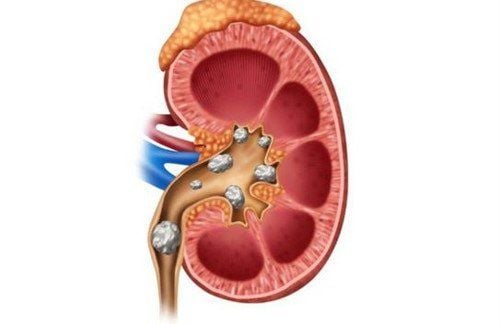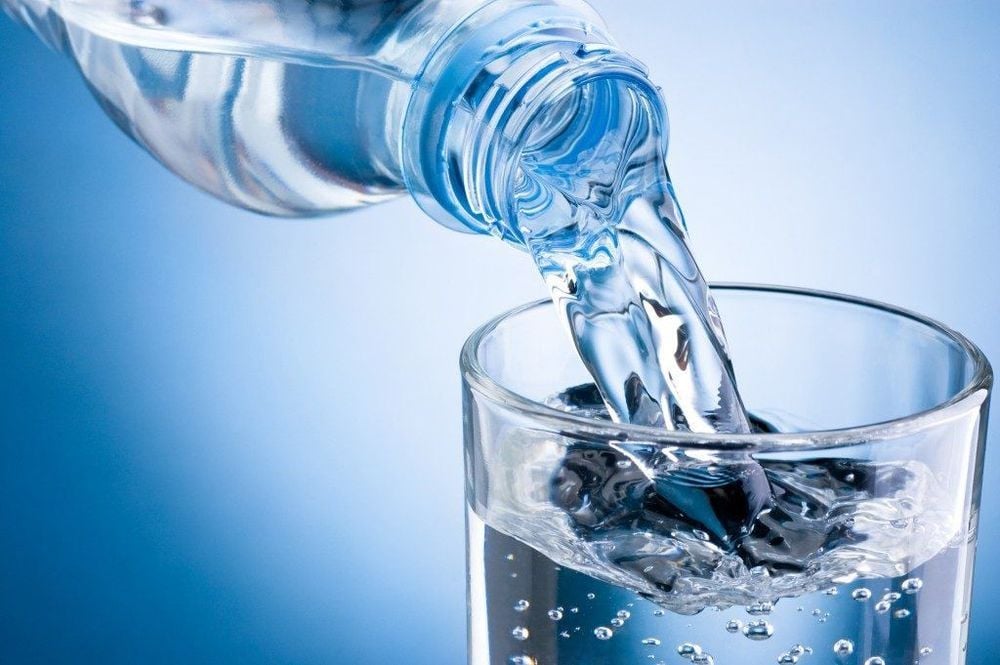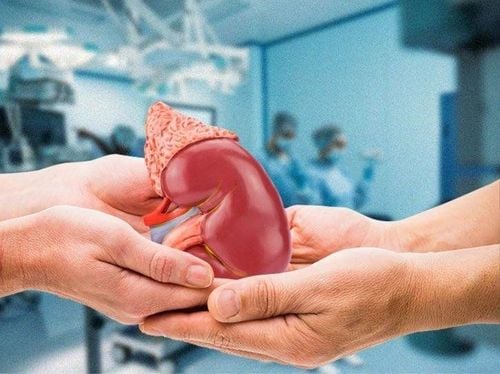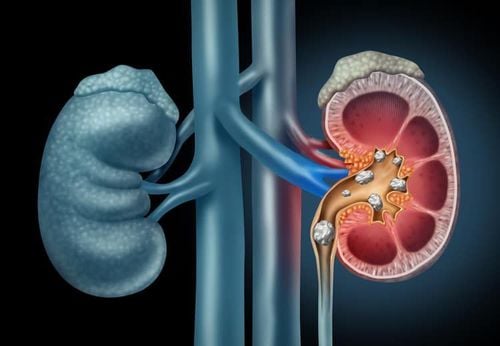Kidney stones are a common condition that causes a lot of worry for patients. So, are kidney stones treatable, and how is a 3mm stone treated? Let's find out together through this article.
1. What are the causes of kidney stones?
Kidney stones are caused by a combination of factors. When the body experiences disturbances such as reduced urine flow, urinary tract infections, changes in urine pH, urinary tract abnormalities, and genetic factors, dissolved minerals can crystallize and form a small nucleus. Over time, this nucleus grows into a kidney stone.
2. Who is at risk for developing kidney stones?
Individuals with the following risk factors are more susceptible to kidney stones:
- Family history of kidney stones
- Inadequate fluid intake, especially in the elderly
- Prolonged immobility
- Metabolic disorders (such as chronic metabolic acidosis, hypercalciuria)
- Use of certain medications or supplements that can contribute to stone formation
- Individuals working in hot environments
3. How are kidney stones treated?

Treatment for kidney stones varies depending on their size. For small stones (less than 5mm) without complications causing hydronephrosis, medical management, medications, and regular follow-up are usually sufficient. In some special cases such as uric acid or cysteine stones, medications can be used to dissolve the stones. Larger stones may require surgical intervention, including endoscopic surgery or open surgery.
For 3mm kidney stones, medical management is the primary treatment. In addition to medications, patients should drink plenty of water and engage in regular physical activity. An average daily fluid intake of 2-2.5 liters is recommended. This increased fluid intake helps to promote diuresis, reducing the risk of mineral crystallization and facilitating the passage of small stones through the urinary tract. When passing a stone, patients should collect the stone and bring it to the hospital for analysis to determine its composition. This information allows the doctor to adjust the patient's diet or medication accordingly.
Patients should undergo regular follow-up examinations every 3-6 months. It is important to note that as the stone moves through the urinary tract, patients may experience flank pain. If this occurs, they should seek medical attention promptly.

To arrange an appointment, please call HOTLINE or make your reservation directly HERE. You may also download the MyVinmec app to schedule appointments faster and manage your reservations more conveniently.













